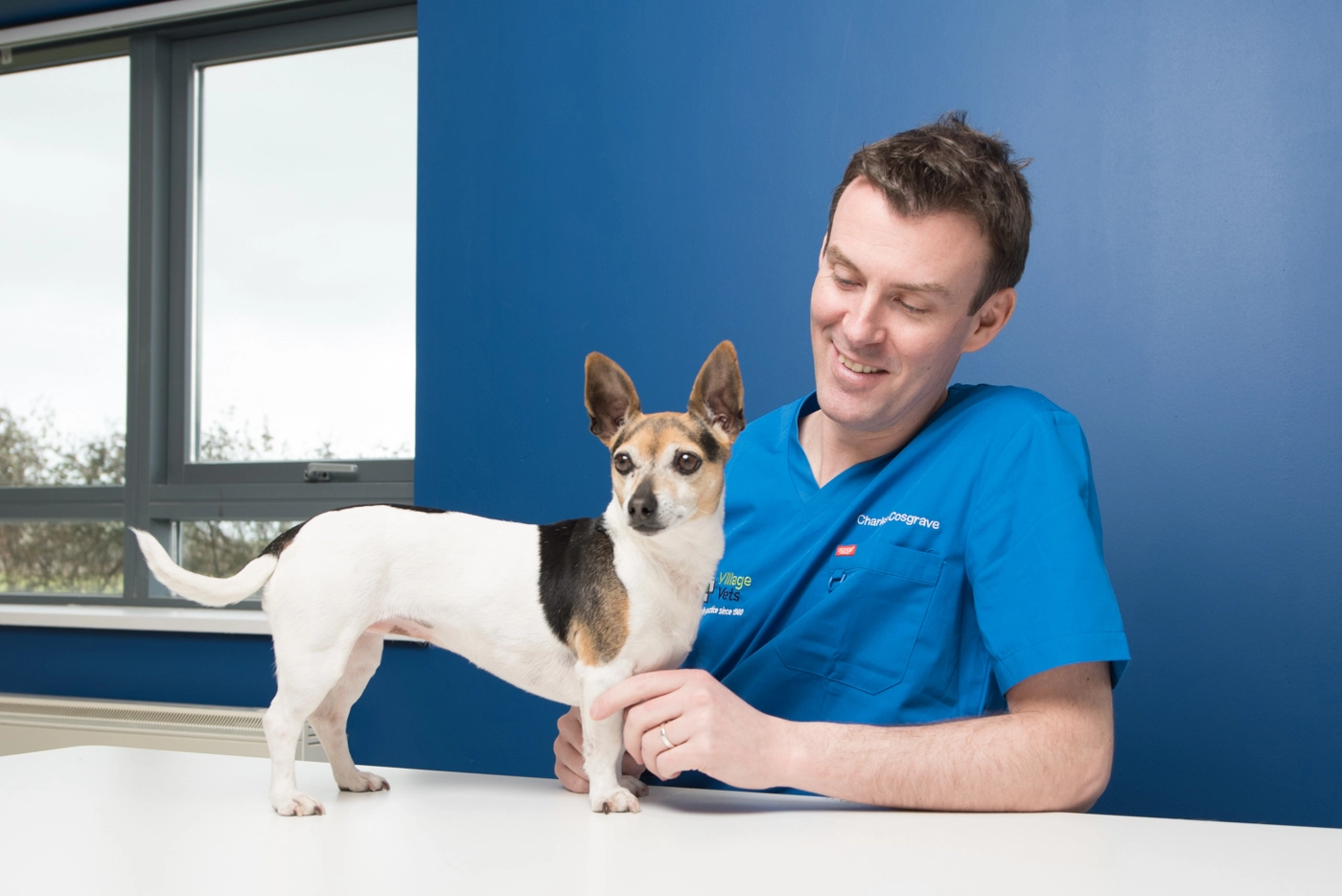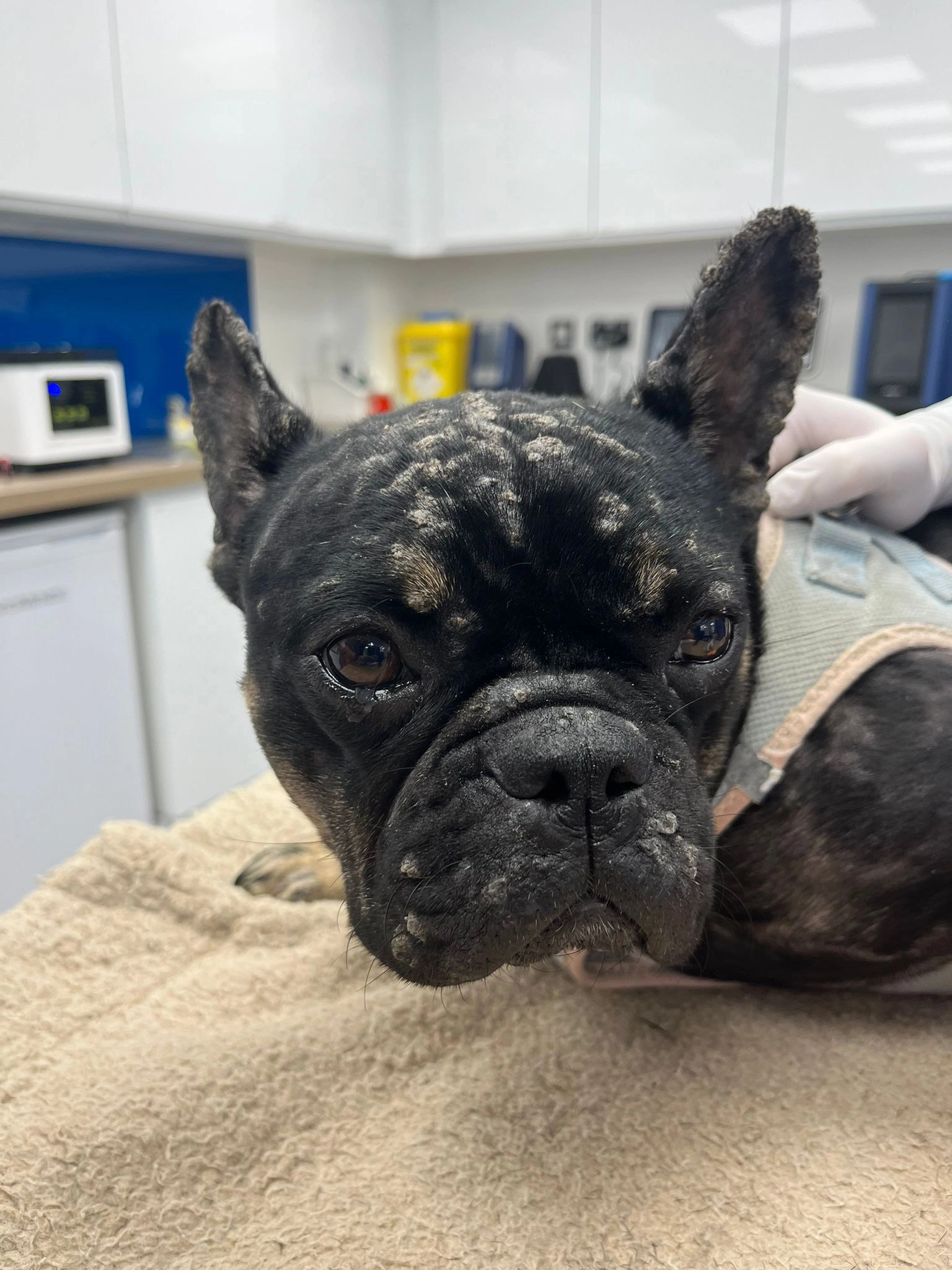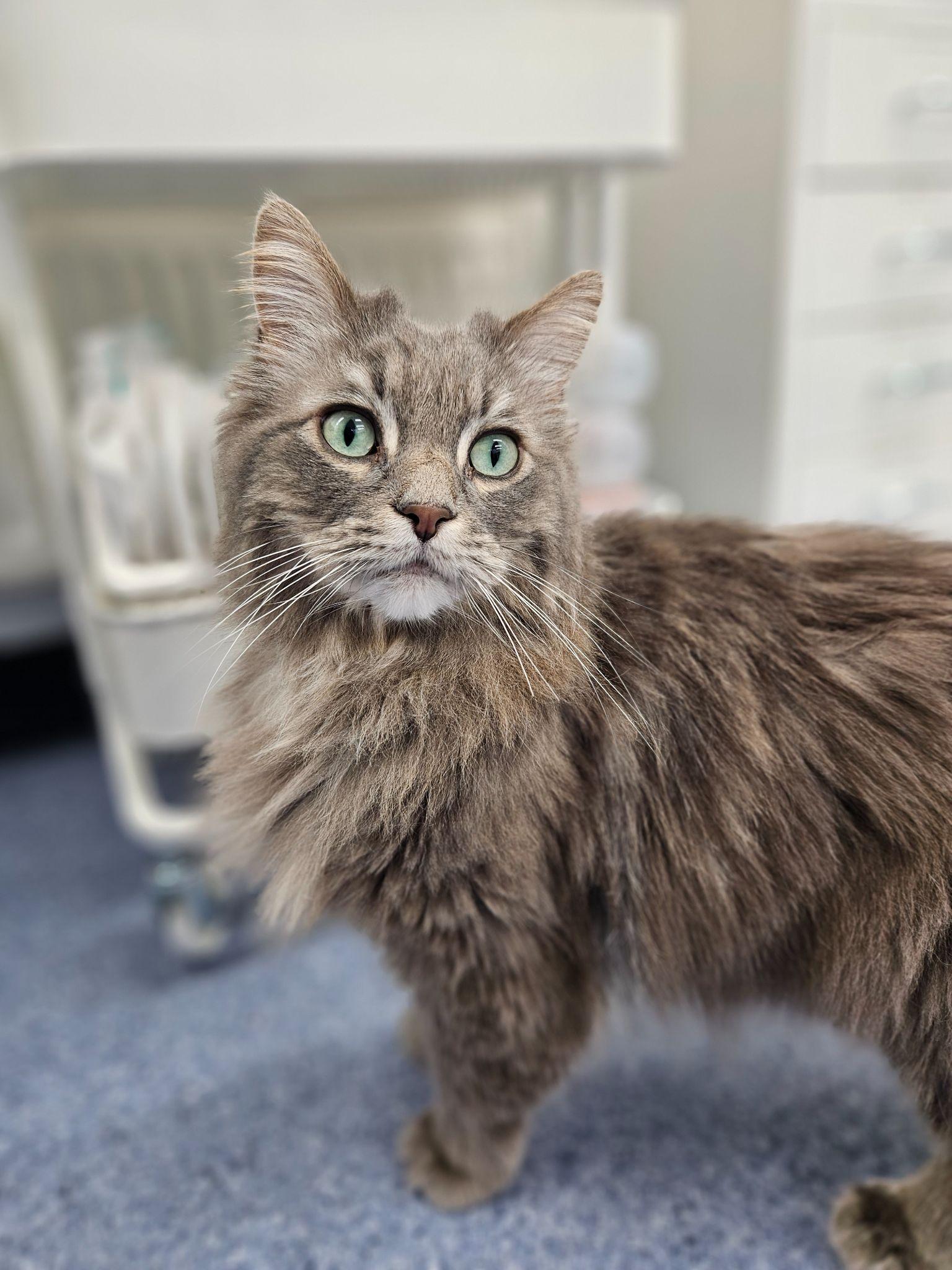Much like us humans, pets can suffer from seizures from an epilepsy related condition; normally passed down genetically and most at risk of happening during excitement, feeding, when your dog is falling asleep or when they’re waking up. The funny thing is, dogs affected by a seizure can appear completely normal between episodes and, contrary to what they appear as, small seizures are largely non-fatal and cause no serious, long-term damage. Today, let’s find out what exactly is a seizure and how you can spot them!
Identifying a Seizure:
1) The pre-ictal phase (aura) is a period of changed behaviour in which your dog may hide, appear nervous, or seek you out. They may be restless, whining, shaking, or salivating. This can last a few seconds to a few hours, but it’s important to know that this period precedes their seizure, as if your dog knows that something is about to occur.
2) The ictal phase can range from mild changes in mental awareness such as a dazed look, mild shaking, aimless staring, licking lips, to a complete loss of consciousness and bodily function. If your dog experiences a grand mal, or full-blown seizure with loss of consciousness, all of the muscles of their body will move spastically and erratically. They’ll usually fall over on their side and paddle their legs while appearing to be paralyzed. Urination, defecation, and salivation may also occur during this phase. If the seizure has not stopped within five minutes, that means your dog has fallen into status epilepticus or prolonged seizure.
3) During the post-ictal phase or the period immediately after the end of the seizure, your dog will be confused, disorientated, salivating, pacing, restless, or suffer from temporary blindness. There’s little correlation between the severity of your dog’s seizure and the duration of their post-ictal phase.

What is Status Epilepticus?:
Status epilepticus is a serious and life-threatening situation. It is characterized by a seizure that lasts longer than five minutes. Unless intravenous anticonvulsants are given immediately to stop it, your dog may die or suffer irreversible brain damage. If status epilepticus does occur, you must seek treatment by a vet immediately!
Now that it’s passed, what can I do?:
After your dog’s episode has ended, your trusted Vet will begin by asking about their history, concentrating on possible exposures to poisonous or hallucinogenic substances or any history of head trauma. Your Vet will also perform a physical examination, blood and urine tests and sometimes an electrocardiogram. These tests are done to rule out disorders of the liver, kidneys, heart, electrolytes, and blood sugar levels. A heartworm test is then performed if your dog is not taking a monthly wormer.
If these tests are normal and there is no evidence of exposure to poison or recent trauma, further diagnostics may be recommended depending on the severity and frequency of your pet’s seizures. Occasional seizures (less frequently than once a month) are not as worrisome, but they can become more frequent or more severe. In this instance, a spinal fluid analysis may need to be performed.
Depending on availability, specialized techniques such as a CT scan or MRI may also be performed to look directly at the structure of your pet’s brain.
Is There a Cure or a Preventative?:
Yes, thankfully. But as with us humans, once anticonvulsant medication is started, it must be given to your pet for the rest of their life. There are swathes of evidence that show if anticonvulsant medication is started and then discontinued, your dog may have a greater risk of developing more severe seizures in the future. Even normal dogs without a history of seizures or epilepsy may be induced to seizure if placed on anticonvulsant medication and then abruptly withdrawn from it. If anticonvulsant medication must be stopped or changed for some reason, your Vet will give you the proper instructions for doing this. It’s important that you always follow your Vet’s guidance on matters such as this!
As with any emergency, always phone your Vet if you think your pet is about to, or is in the middle of a seizure. As always, In the event of said emergency you shouldn’t be reading this! Visit here if you’re in the middle of a crisis!




